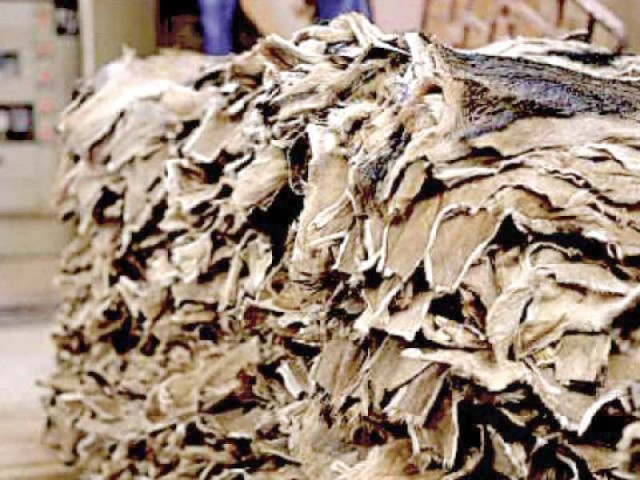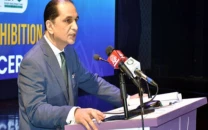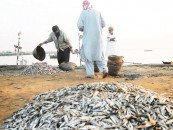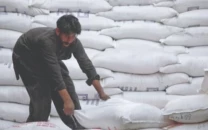Leather industry demands duty-free import
Incentives delayed because of lengthy procedure of vetting, ratification.

PTA Regional Chairman Azam Malik asked the government to allow duty-free import of raw and wet blue hides and skins, tanning machinery, accessories. PHOTO: REUTERS
In its budget proposals, PTA Regional Chairman Azam Malik asked the government to allow duty-free import of raw and wet blue hides and skins, tanning machinery, accessories, particularly the stamping foils used in upgrading leather, which was in high demand in Europe.
He underlined the need for continuing the sales tax zero-rating facility for the leather export industry including all inputs such as packaging material and fuel.
He also called for speeding up the disbursement of duty drawback claims under the prime minister’s Rs180-billion export package.
“PTA wants a level playing field for exporters in world markets as the country’s exports are on a constant decline. The high value-added sector has been providing millions of jobs to skilled and unskilled workers,” he said.
According to a decision of the Economic Coordination Committee (ECC) taken on April 12, he demanded that the government declare the remaining eight HS codes for finished tanned leather as eligible for 5% Drawback of Local Taxes and Levies. The leather industry has been deprived of incentives as all major codes, in spite of ECC’s approval, have not been notified because of the lengthy procedure of the Law Division and ratification from the cabinet.
Malik suggested that the Collectorate of Customs (Preventive) Lahore should be designated as an export collectorate for smooth and efficient processing of duty drawback claims of exporters.
“There should be a system to allocate separate funds for duty drawback rather than linking them with unrealistic targets for revenue generation,” he said.
Though an expensive web-based clearing system had been put in place, the exporters’ money was being held up on the plea of meeting revenue targets, he said.
At present, according to the industry, over Rs300 million worth of duty drawback claims are pending with the Collectorate of Customs (Preventive) Lahore for airlifting leather consignments from the Lahore airport over the past one year.
He suggested that the PTA chairman should be included in the Export Development Fund (EDF) board so that the industry could be represented in the board and play a vital role in decisions on promoting exports.
He also pointed out that livestock population in Pakistan was depleting fast in the wake of smuggling and excessive slaughtering for meat exports to the Middle East. “This livestock shortage needs fresh investment in farming as well as incentives and can also be compensated partially through imported raw material.”
Published in The Express Tribune, May 24th, 2017.
Like Business on Facebook, follow @TribuneBiz on Twitter to stay informed and join in the conversation.


















COMMENTS
Comments are moderated and generally will be posted if they are on-topic and not abusive.
For more information, please see our Comments FAQ